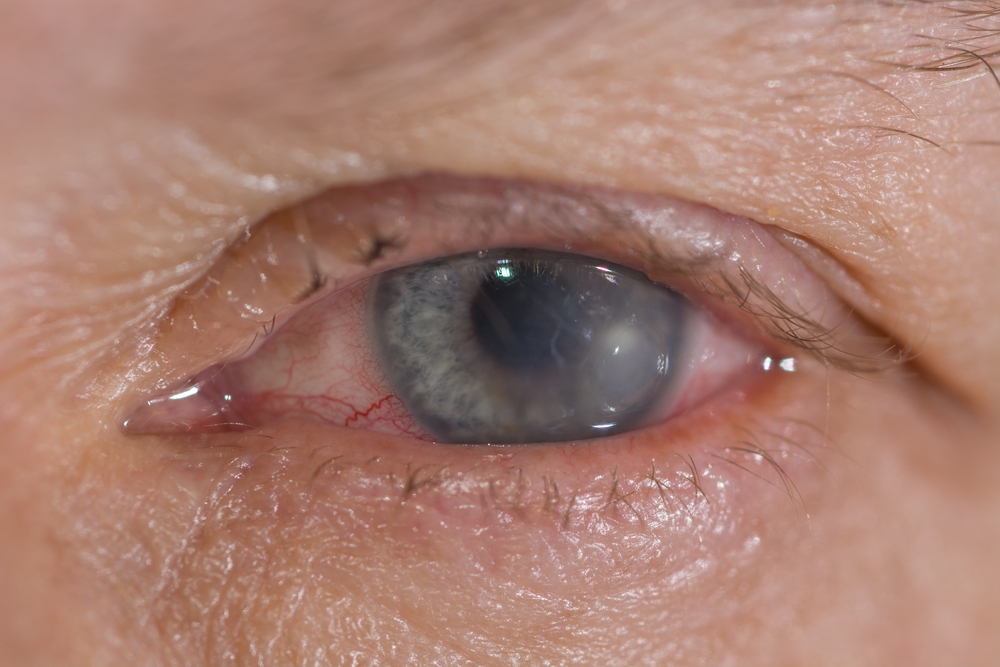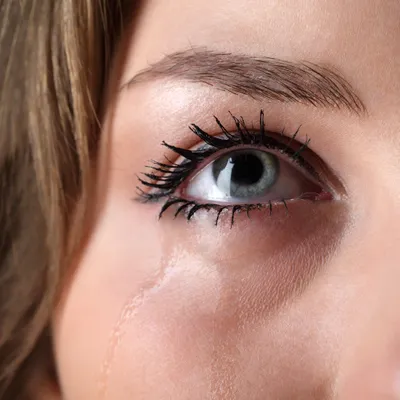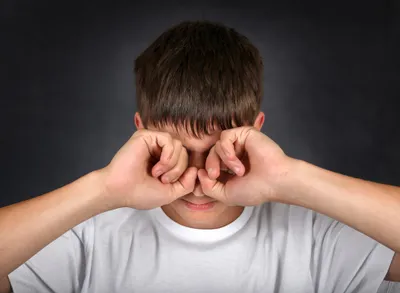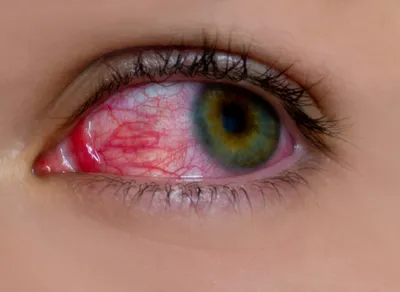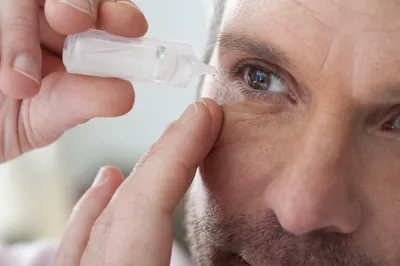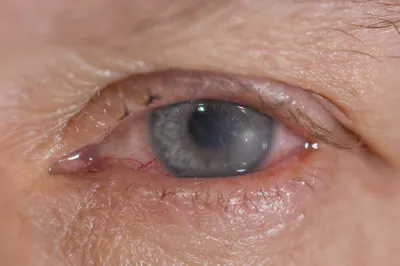While tears are essential to lubricate and nourish the human eye—when your eyes are excessively watery, which occurs when the lacrimal glands located in your upper lids produce excess tears—it can indicate a deeper health issue.
Here are eight common health reasons for overproduction of tears…
1. Damaged Tear Duct
It makes sense to look at the source when the eyes produce too many tears. In the case of the eye, the source can be a lacrimal stenosis, or blockage, that cause abnormally excessive tear drainage (or epiphora). Lacrimal duct blockages can also lead to infection.
2. General Irritation
The glands in the eyes will also spill over with tears (a mixture of water, mucous, and oil) when an irritation occurs. If something, even miniscule, is lodged in the eye, redness, pain, and inflammation will occur as the tear ducts work to purge the foreign object from the eye. Consider your environment—is it smoky, dusty, filled with chemicals, or very windy?
3. Allergies
Another common eye irritant is allergies, which causes telltale redness, burning, itchy, and watery eyes when the eyes encounter indoor allergens, like molds, chemicals, perfumes, dust, or pet dander; or outdoor allergens, such as exhaust, smoke, grass, trees, and pollens.
4. Faulty Eye Lids
Damaged or deficient eyelid function is a rarer cause of watery eyes. Typically, it can be discovered on sight—as the eyelids will droop, pull to one side, or obstruct the lids from closing properly. The condition, referred to as Ectropion, is more common in seniors with weak muscles in the eyelids.
5. Conjunctivitis
Conjunctivitis (or pink eye) is caused when the thin, clear membrane over the eye develops infection. If infection occurs, the eye will protect itself by shedding excess tears to lubricated and expel germs and mucous.
6. Dry-eye Syndrome
Although it sounds counter-intuitive that dry-eye syndrome would cause watery eyes, it does occur. As eyes dry out, the lacrimal glands are naturally prompted to produce excessive tears to soothe irritation and discomfort. You can shut of excessive tears by using an over-the-counter product like “True Tears.”
7. Medications
Look at the side effects on your prescription bottles, watery eyes or dry eyes that cause watery eyes are at the top of the list. If you’ve recently introduced a short-term prescription, you may notice excessive tears come on suddenly. You can soothe dry eyes by lubricating in the interim with a store-bought bottle of natural tears.
8. Blepharitis
Another type of eye infection, Belpharitis develops within the margins of the eyelids as bacteria, fungi, or a virus collects in the area, causing inflammation, redness, grittiness, discharge, and excessive production of tears to purge the infection from the area.
